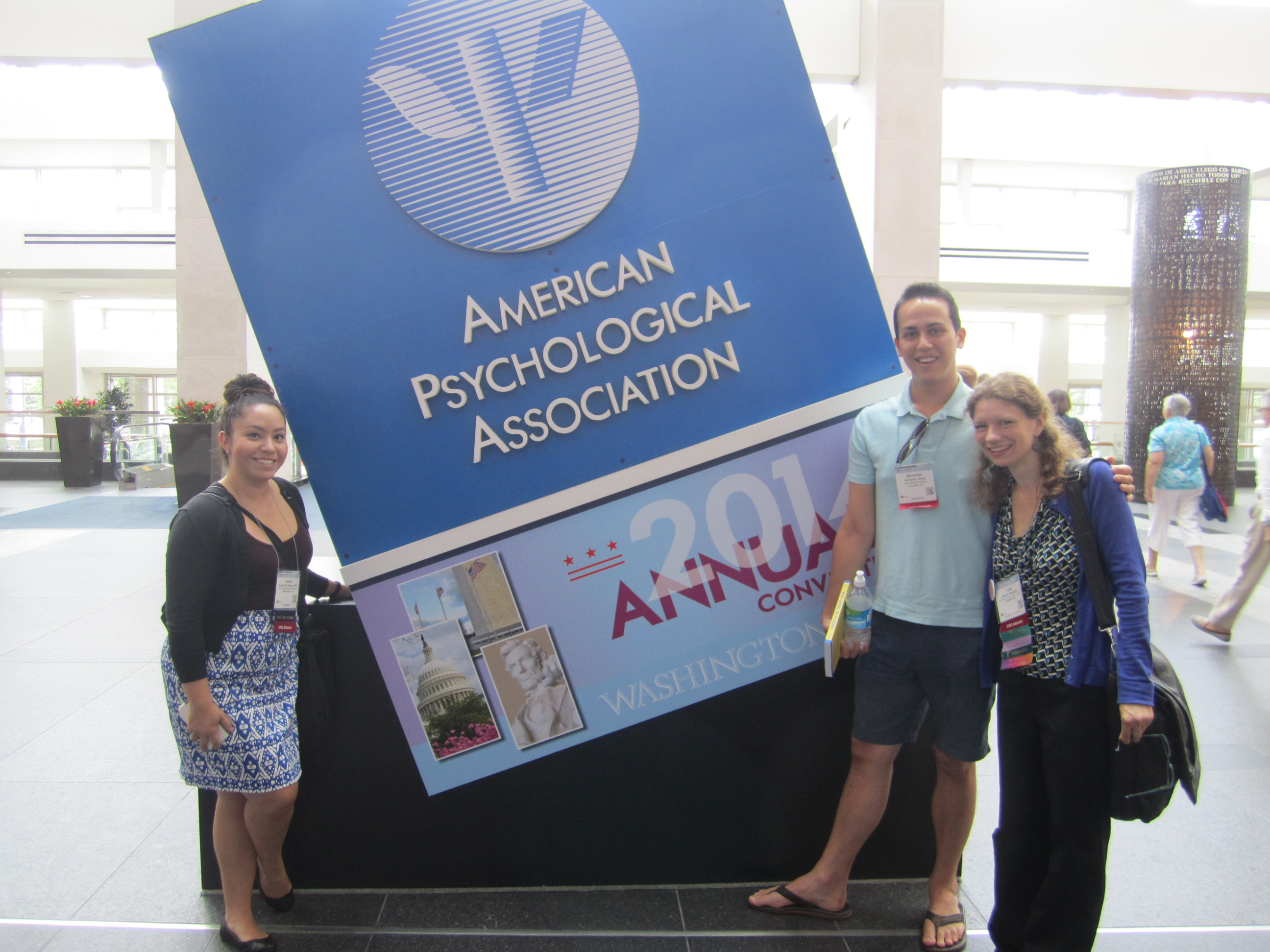Hello everybody!
This is my ever first blog post. I am extremely new to the blogging world, which means that I have plenty to familiarize myself with! I’ve decided to start blogging for two main reasons:
1) It’s something I have always (well, since blogging became a thing) wanted to do but never had the courage to. Recently however, a dear friend adamantly exclaimed, “Lisa honestly! If I can do it, anyone can do it!” So, here I am (let’s see if she was right!)
2) I need all the writing practice I can get, given that I am merely 1 month into a 4-year PhD program!
The blog is called PhD Imposter purely on the basis of the following true story:
When first considering the idea of actually undertaking a PhD, I was having a conversation with my then undergraduate thesis supervisor and my now PhD supervisor/mentor. She was in the middle of listing the various reasons why she believed that I would be a suitable PhD candidate (none of which I agreed with). One can only take so many encouraging commendations, and so I couldn’t hold it in any longer! I blurted out, “Okay, I really think that you think that I’m better than what I actually am.” In those exact words.
After asking me to clarify, I did, and she paused for a moment, then looked at me earnestly. I honestly thought that the next words to come out of her mouth would resemble something along the lines of, “Yeah, maybe you’re right, forget what I said, best of luck with your future career.” Instead she uttered, “You have a condition you know – and there’s a name for it”. “A condition?” “Yeah, a condition”.
Ashamed, the first thought to pop into my mind was not, “I wonder what is this condition could be?,” but rather, “I wonder if there’s a pill that I can take to make it go away.” I immediately envisioned a morning fixture, like a chewable vitamin C pill, that would eradicate the condition over a period of time. Filtering my thoughts before I spoke, I decided to err on the side of caution and simply ask, “So…what’s the condition?”
“Imposter Syndrome”, she replied.
I must have had the unfortunate look of a panic-stricken little Albert (post conditioning), just as he encountered his very first white furry object.
Once she began to explain, I was utterly dumbfounded. I don’t know if any of you have ever had that experience when it feels like somebody is reading your mind and communicating your exact thoughts right back to you – it is both liberating and somewhat bizarre. It was as if she had been the homunculus inside of my head since the beginning of my academic career (i.e., primary school, age 4). The more she spoke, the more amazed I became. After all, this was my secret that she was unearthing, this dreaded secret that I didn’t really belong in the building at all – everybody just thought I did! I couldn’t believe that there was a name for it! And better yet, I couldn’t believe that other people, particularly in academia, felt this way. I immediately began to laugh at myself!
I decided to do some searching (largely in hopes of finding an immediate and effective cure!) Originally coined by Clance and Imes (1978)*, the term itself “is used to designate an internal experience of intellectual phonies, which appears to be particularly prevalent and intense among a select sample of high achieving women” (originally their research focused predominantly on career women). Today, most people would recognize the expression as signifying a ‘pathological’ inability to internalize one’s own achievements, such as when people believe that their successes are merely due to luck or chance, and consider themselves less able and less intelligent when compared to their peers. As such, they begin to feel out-of-place amongst their colleagues, ultimately coming to believe that they do not belong where they are (hence the term ‘imposter’).
I must admit that to this day an enormous part of me still longs for a pill that could be taken every morning to eradicate this debilitating condition. But alas we, self-proclaimed imposters, must chew our vitamin C pills instead and struggle on!
‘Til next time.
*Clance, P. R., & Imes, S. (1978). The Imposter Phenomenon in High Achieving Women: Dynamics and Therapeutic Intervention. Psychotherapy Theory, Research and Practice, 15(3), 241-247.
Editors Note: Lisa Murphy is a doctoral student in the School of Applied Psychology, University College of Cork in Ireland. This post was co-published on her blog: PhD Imposter. For more reading on the Imposter Syndrome, check out the gradPSYCH article, “Feel Like a Fraud?”






